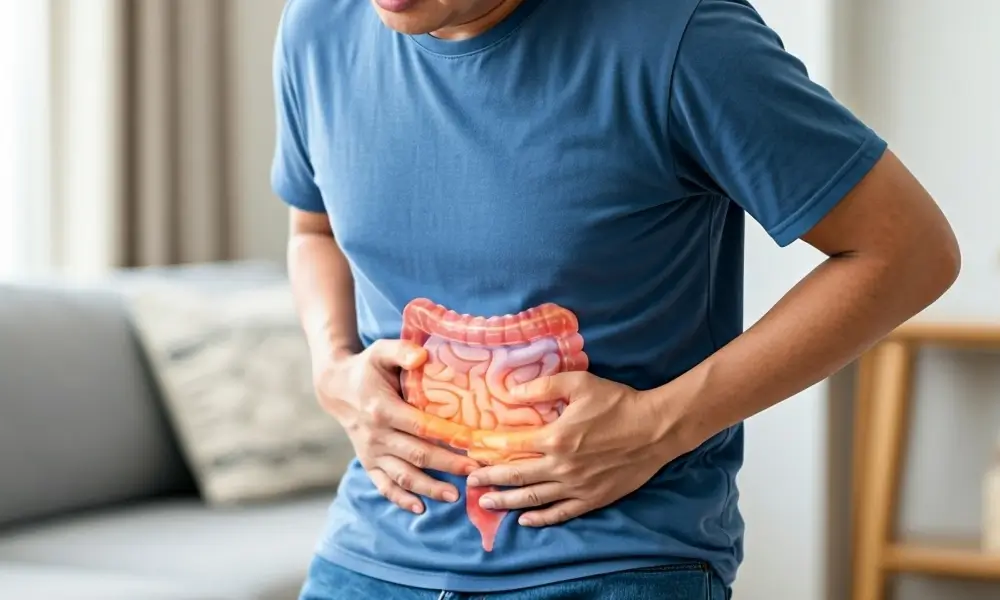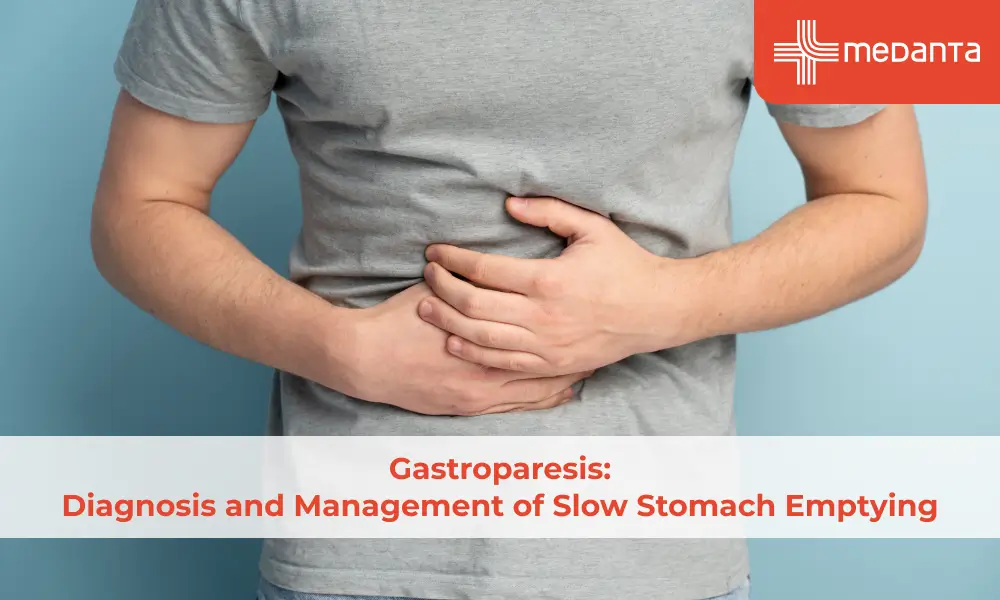Faecal Transplant: An Innovative Treatment for Gut Microbiome Imbalances

TABLE OF CONTENTS
Faecal transplant procedures show remarkable success with an 80-90% cure rate for recurring Clostridium difficile infections. This once-unusual treatment plays an increasingly vital role in modern medicine. The therapy's roots trace back to the 4th century. The United States Food and Drug Administration officially recognised it in 2013 to treat specific infections.
Scientists' deeper understanding of gut health has sparked increased interest in faecal microbiota transplant. A healthy gut microbiome contains Bacteroidetes, Firmicutes, Actinobacteria, Proteobacteria, and Verrucomicrobia bacterial phyla. The balance can move toward dysbiosis and trigger infections, cancer, and cardiometabolic conditions. Doctors now use faecal transplant therapy beyond infectious diseases to treat non-communicable disorders.
Research continues to learn about this treatment's benefits for patients despite its promising outcomes. The FDA's approval of RBX2660 (Rebyota) in November 2022 marked a turning point. This first commercial faecal transplant product helps prevent recurring Clostridium difficile infections in adults. The procedure's applications expand faster, helping not just with gastrointestinal issues but also conditions that affect other body systems.
What is Faecal Transplant and Why It Matters
During a faecal transplant procedure, your doctor moves healthy donor stool into your digestive system. With the help of this procedure, they keep good and healthy bacteria in your colon if your gut bacteria become unbalanced. Your doctors call this treatment by the name of faecal microbiota transplantation (FMT). Sometimes, they may use terms like bacteriotherapy, stool transplant, or intestinal microbiota transplant for the procedure.
Our gut naturally contains trillions of microorganisms that help keep us healthy by stopping harmful germs from growing. If you are taking medicines like antibiotics, or you are suffering from diseases, or you have changed your diet, this delicate balance can get disturbed. The number of your bad microbes becomes higher than the good ones (a condition called dysbiosis). During this condition, dangerous bacteria like Clostridioides difficile (C. diff) start increasing in number.
Doctors can deliver FMT in several ways:
Colonoscopy (putting donor material through a tube into the colon)
Upper endoscopy (sending material through the mouth or nose)
Enema (placing material directly into the rectum)
Oral capsules with freeze-dried microbiota
During this procedure, your surgeon places donor stools containing thousands of helpful microbes into your body. Once reached inside your body, these good bacteria restore balance in your intestine, fight infection, and protect you against future problems.
FMT works remarkably well, especially when treating recurring C. diff infections. Many patients get better after just one treatment. While we mostly use it to treat C. diff infections now, scientists are studying how FMT might help with other conditions like inflammatory bowel disease, obesity, liver disease, diabetes, and maybe even brain disorders.
Mechanisms Behind FMT’s Effectiveness
Faecal transplant therapy can reset the gut environment completely. Now, we will explain to you how this procedure works and why it can bring great results for you.
Have you ever seen a gardener reseeding a patchy lawn and how they use healthy seeds to create a lush, resilient garden, removing the weeds? The faecal transplant procedure works in the same way for you.
With the help of this procedure, your doctor introduces a different community of beneficial microbes that compete with harmful bacteria in your intestine. These donor microbes fight with your pathogens for their nutrients and housing on the intestinal wall.
Scientists call this successful establishment of new microbes "engraftment." After a faecal transplant, the recipient's gut community starts to mirror their donor's within days. This similarity often lasts for months. Many patients feel better almost immediately because of this quick transformation.
FMT does more than just add new bacteria. It changes the gut's biochemical environment through:
Metabolite production: Donor microbes produce vital compounds like short-chain fatty acids that heal the gut lining and reduce inflammation
Bile acid transformation: Healthy bacteria modify bile acids in ways that inhibit C. diff growth
Bacteriocin production: Certain introduced microbes produce natural antibiotics that target specific pathogens
The procedure restores communication between gut bacteria and the immune system. This renewed dialogue helps retrain immune responses. This explains why FMT shows promise for autoimmune conditions beyond gut infections.
FMT's mechanism works beautifully for patients with C. difficile infections. It creates an environment where the pathogen cannot survive. The transplanted microbes build a defensive wall that stops harmful bacteria from regaining control.
FMT works by employing nature's own solutions instead of fighting against them. Unlike antibiotics that kill both harmful and helpful bacteria indiscriminately, FMT brings back balance. It introduces a complete, functioning microbial community that gives the gut ecosystem exactly what it needs to heal itself.
Conclusion

Faecal transplant therapy is a groundbreaking treatment with ancient roots that has gained scientific recognition recently. The procedure restores balance to the gut microbiome and works especially well when you have recurrent C. difficile infections. Success rates have reached an impressive 90%.
The science behind FMT explains its effectiveness. Unlike antibiotics that destroy both harmful and helpful bacteria, this treatment:
Reintroduces diverse beneficial microbes
Creates competition against pathogens
Produces vital compounds that heal gut tissue
Reestablishes proper immune system communication
The original approval focused on C. diff infections, but research now shows promising applications beyond this condition. Studies reveal varying levels of success for irritable bowel syndrome, ulcerative colitis, and benefits for cancer immunotherapy patients.
Faecal transplant's evolution from ancient practice to FDA-approved therapy shows our growing understanding of the gut microbiome's importance. Scientists are learning about its applications, and FMT represents a fundamental change toward treatments that work with the body's natural systems rather than against them.
The future holds exciting possibilities for this therapy, without a doubt. The development of standardised preparations like RBX2660 shows growing acceptance in mainstream medicine. So patients with conditions once thought untreatable might find relief through this surprisingly simple yet effective approach to healing.
FAQs
What is a faecal transplant and how does it work?
A faecal transplant involves transferring stool from a healthy donor into a patient's digestive tract to restore beneficial bacteria in the colon. It works by introducing a diverse community of microbes that compete with harmful bacteria, produce beneficial compounds, and help rebalance the gut ecosystem.
What conditions can faecal transplants treat?
Faecal transplants are primarily used to treat recurrent Clostridioides difficile infections, with success rates of 85-90%. They also show promise for conditions like inflammatory bowel disease, irritable bowel syndrome, and potentially even autoimmune disorders and cancer immunotherapy support.
How safe are faecal transplant procedures?
Faecal transplants generally have a favourable safety profile. Most side effects are mild and self-limiting, such as abdominal discomfort or temporary changes in bowel habits. Even immunocompromised patients typically tolerate the procedure well, although rare serious complications can occur.
Are there different methods for administering faecal transplants?
Yes, there are several methods for administering faecal transplants. These include colonoscopy, upper endoscopy, enema, and oral capsules containing freeze-dried microbiota. The choice of method depends on the specific condition being treated and the patient's individual circumstances.





